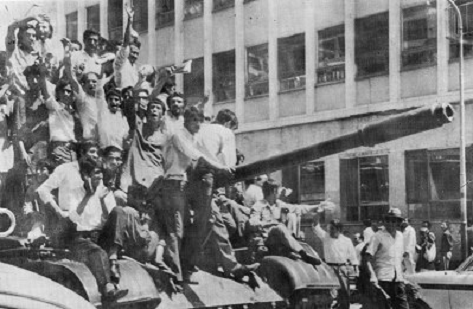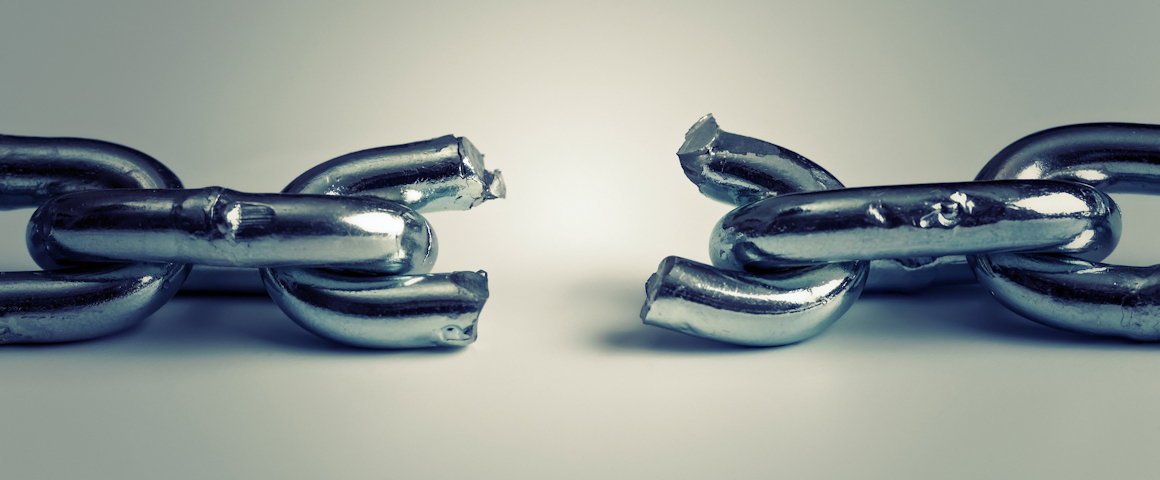I am Saleh Waziruddin, organizer of the Eric Blair club of the Communist Party here in Niagara, on the traditional territories of the Anishinaabeg and Haudenosaunee peoples, under the Dish with One Spoon wampum agreement.
Let's not forget where these latest round of massive annexations in the West Bank, against international law, are coming from: they were announced together with Trump's “Deal of the Century.” This was a deal which offered Palestinians a non-viable state sometime in the future if they gave up all signs of resistance, in exchange for immediate legitimacy for all the violations of Israel.
Just like other Donald Trump deals this was never a “deal” but a mugging, a stick up job, saying give me everything for nothing not even your life.
The “deal” was so extreme hardly anyone supported it. Marzouq al-Ghanim, the speaker of Kuwait's parliament, said the so-called “Deal of the Century” belongs in the garbage bin of history, it is the garbage of the century.
So why are they pressing with it now? Why now did they offer a rotten deal?
I remember 20 years ago when Boycott, Divestment, Sanctions was first being talked about I thought it was only a dream and would never work. But it has put Zionism on the run. There are so many BDS campaigns that have had success, so many people all around the world are dedicating their lives to Palestine and even being martyred side by side with Palestinians.
Let's not forgot that BDS was part of what worked in South Africa and made the apartheid rulers realize they could not continue.
Let's also not forget that in the 1940s South Africans came here to Canada to study how Indigenous people were oppressed and used that as the basis of their system. Except that apartheid is over in South Africa but the apartheid it was based on here still continues against the Indigenous.
And it still continues in Palestine. But no matter how strong and unstoppable they might seem, the Israelis themselves know their days are numbered which is why they put so many resources into fighting the BDS campaign, trying to make it illegal to even talk about it here in Canada.
This is why we must get involved in Boycott, Divestment, Sanctions, from the campuses to the grocery stores. Go to bdsmovement.net and show that Israel can never annex justice and truth from those who are still fighting for their rights.
Just like Algeria is no longer French and South Africa is no longer minority rule, from the river to the sea, ALL of Palestine will be free.




:format(webp)/https://www.stcatharinesstandard.ca/content/dam/niagaradailies/news/niagara-region/2020/06/03/painful-response-to-u-s-protests-inspires-niagara-action/B881152283Z.1_20200603171751_000_GPNVCP55.3-0_Gallery.jpg)